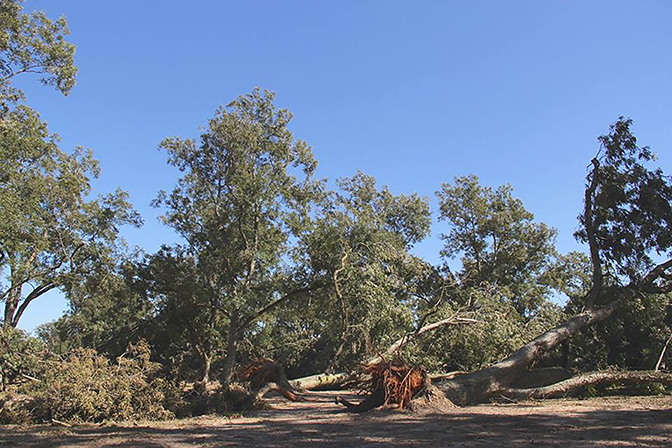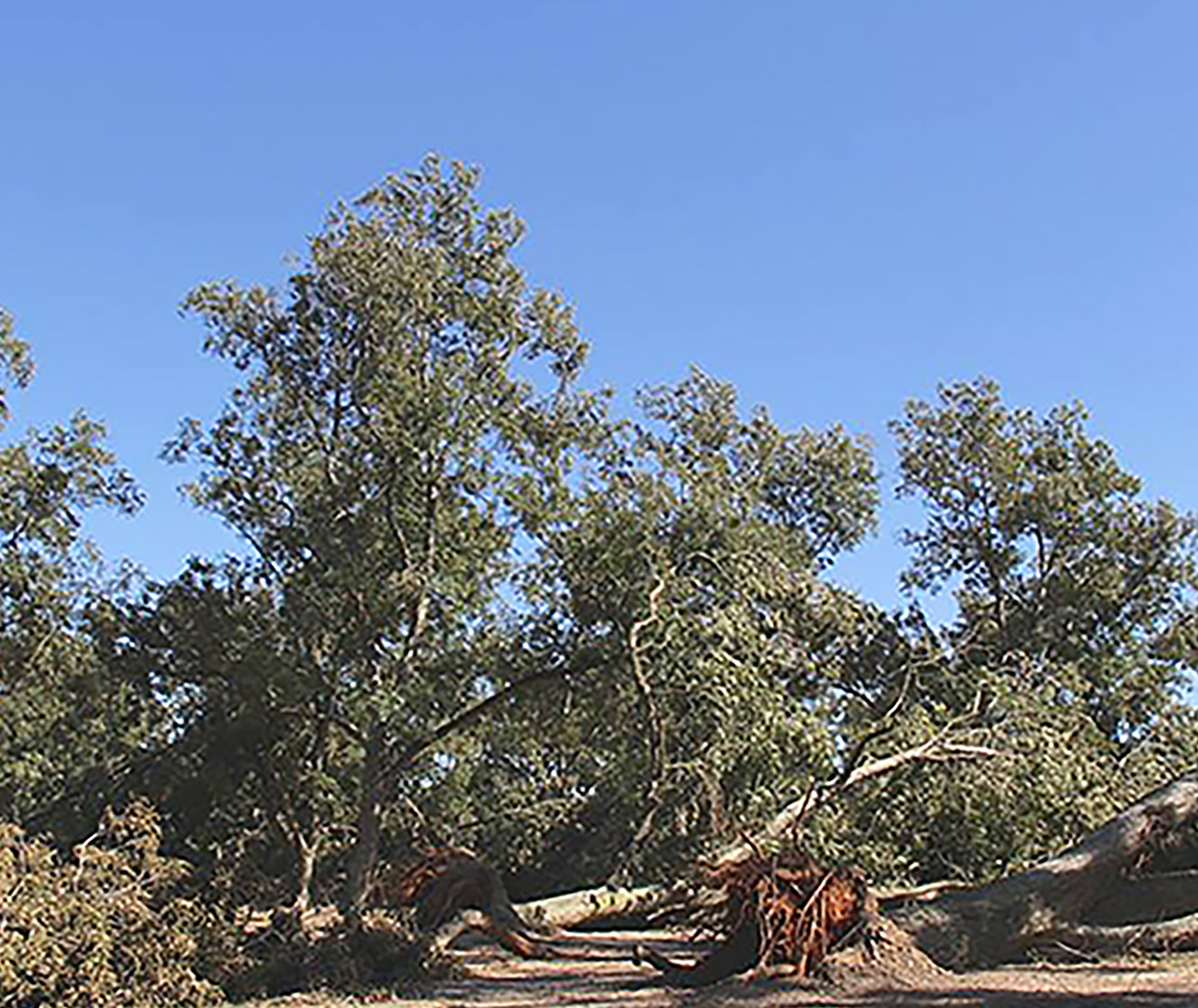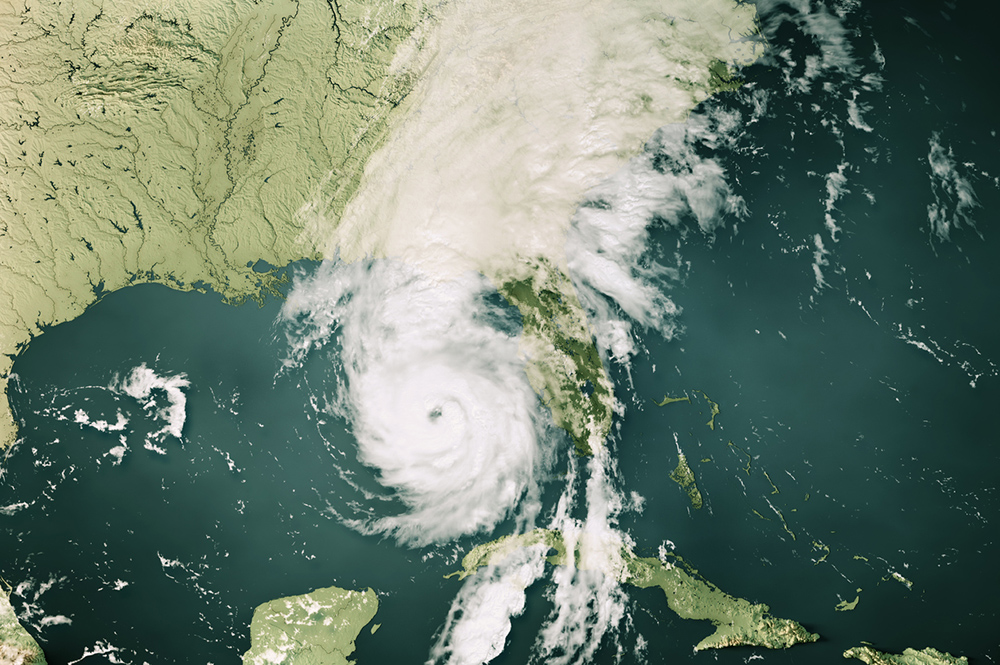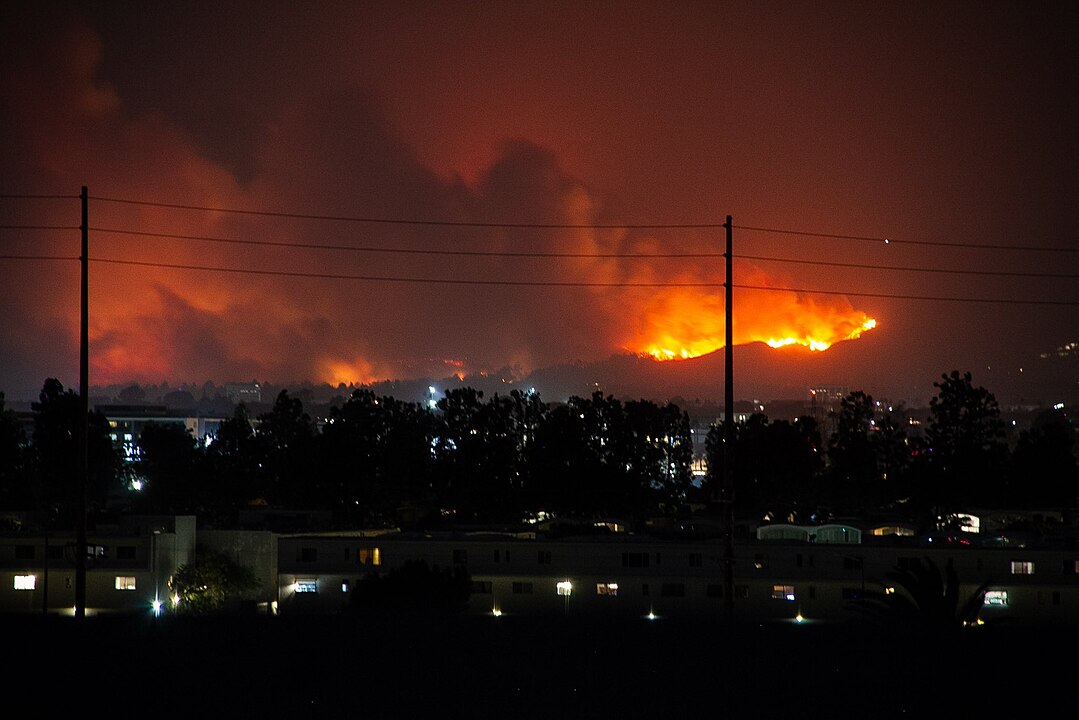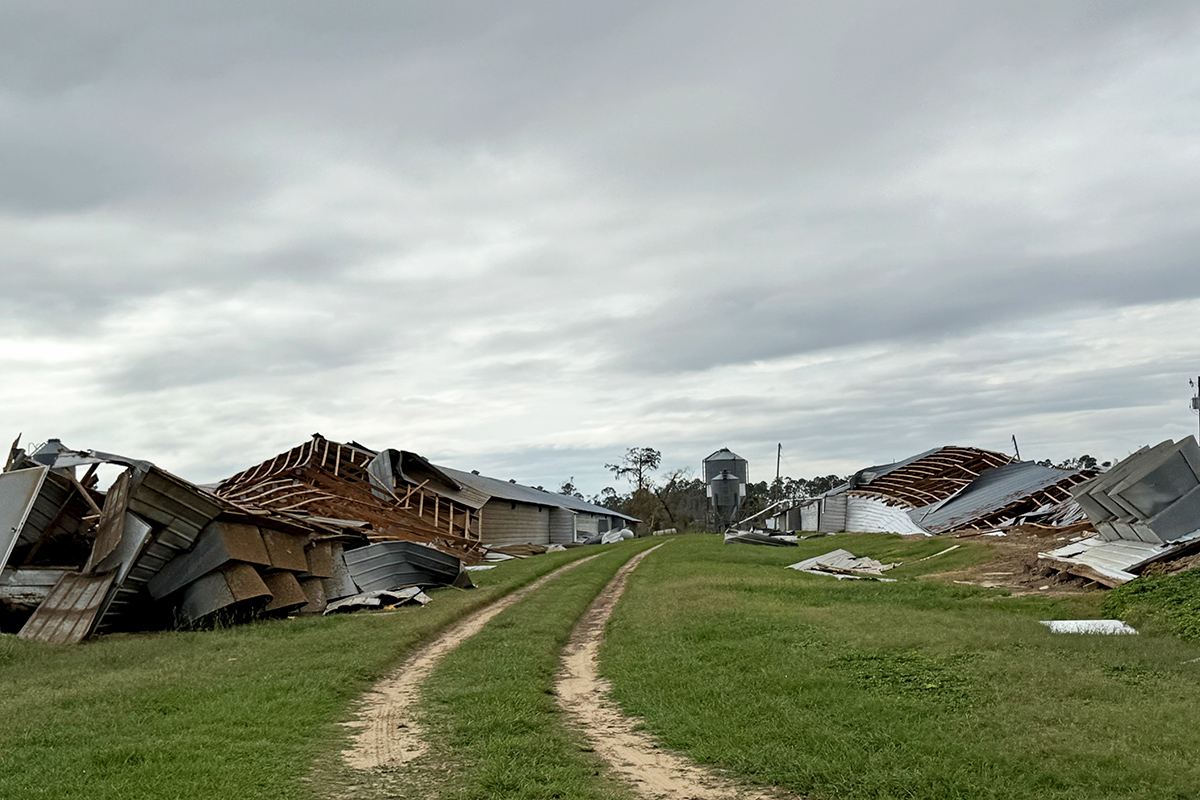As Atlantic hurricane season peaks, Georgians may be uncertain about how to prepare for an emergency.
The state may not be directly affected by a hurricane, floods or high winds from a storm this year, but it’s always good to be prepared. September is National Preparedness Month, and University of Georgia Cooperative Extension and the Georgia Emergency Management and Homeland Security Agency have resources available to help Georgians prepare for an emergency.
Whether it’s a September hurricane, a March ice storm or an April tornado, the basics of emergency preparedness remain the same despite the weather event.
Emergency Kits
Families should plan for their needs as if they will be unable to leave the house or they will have to evacuate due to safety concerns. There are simple steps families can take to prepare.
First, assemble two emergency kits, one for the house and one to take in the case of an evacuation. An emergency kit should contain enough items to supply food and water for the family for at least three days. A kit for the house may contain:
- 1 gallon of water per person, per day
- Nonperishable food
- A battery- or crank-powered weather-alert radio
- Extra batteries
- Flashlight
- First aid kit
- Prescription medications
- Manual can opener
- Personal care products
- Food and water for pets
- Entertainment items that don’t depend on electricity (e.g., books, playing cards, crayons and coloring books)
Keep these emergency items in an easy-to-carry plastic container or duffle bag. For more information on preparing an emergency kit, go to ready.ga.gov/build-a-kit.
Emergency Plans
In addition to an emergency kit, every family should write a communication plan that includes emergency contact phone numbers.
Family members may get separated during a disaster, so identify a person in another location, or even in another state, that each family member should contact. Consider identifying a common meeting place for family members to converge should the family be unable to return home.
All family members, even children, should be familiar with the emergency plan.
In an emergency, families may have to leave their homes quickly. If evacuation is necessary, listen to the radio for more information and follow the guidance of emergency personnel.
Keep a car’s gas tank at least half full. In an emergency, fuel may not be available or accessible.
Make sure all family members know:
- Best exits out of the house
- A community meeting place
- Call numbers for the local radio station
- Location of the emergency grab bag
- Plans for pets and livestock care
- Plans for movement of family members with special needs, such as the elderly or disabled
For more information on creating emergency preparedness plans, go to ready.ga.gov/make-a-plan. To learn more about how to prepare for and recover from a weather emergency, visit the UGA Extension emergency preparedness website at extension.uga.edu/topic-areas/timely-topics/emergencies.html or ready.ga.gov.

